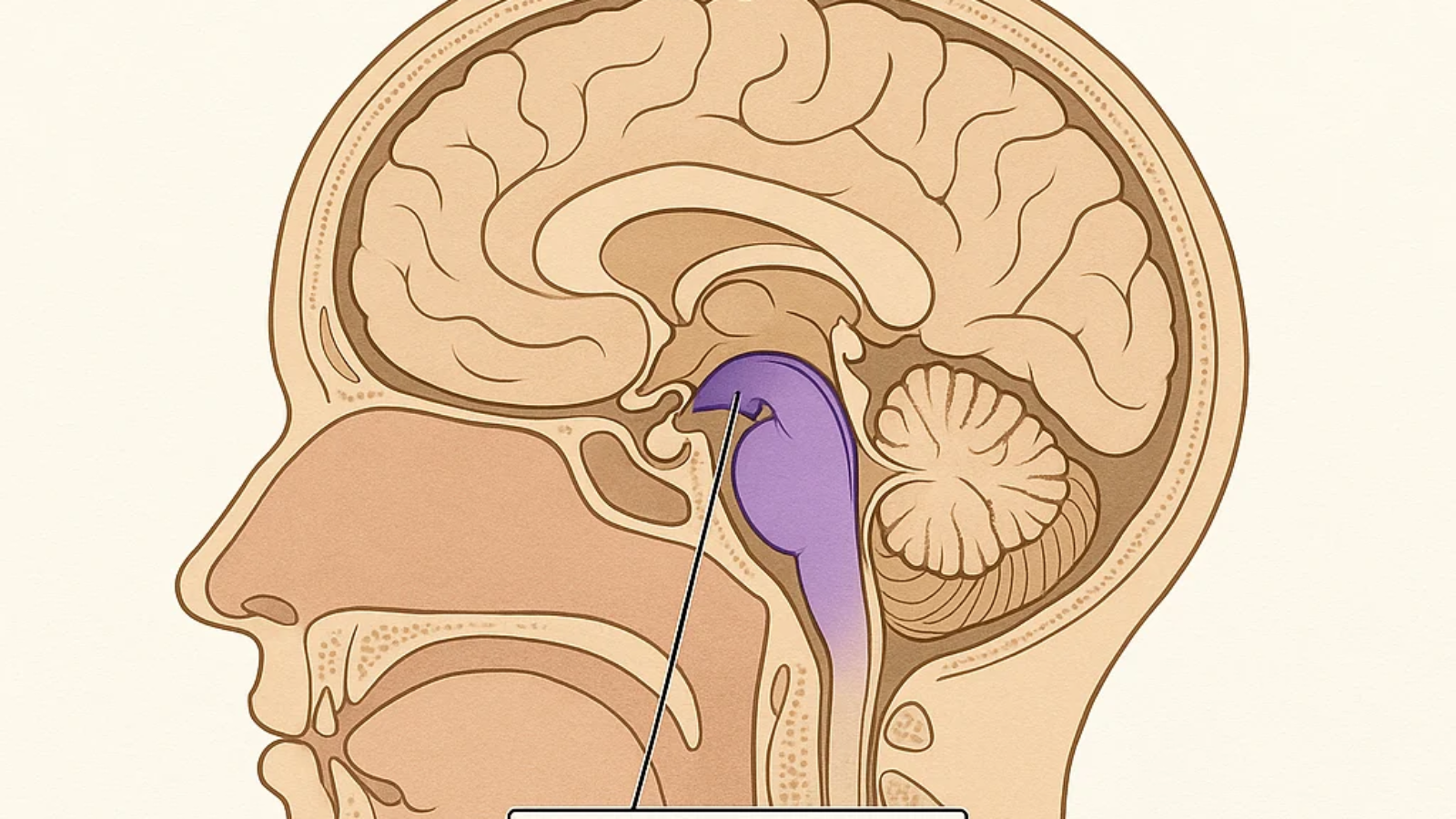Understanding the Sleep-Wake Cycle
The sleep-wake cycle, or circadian rhythm, is a fundamental biological process that regulates periods of sleep and alertness over a 24-hour period. This cycle is influenced by environmental cues like light and darkness and is crucial for maintaining overall health.
The Hypothalamus: The Brain’s Sleep Regulator
Central to the regulation of the sleep-wake cycle is the hypothalamus, a small but vital region located at the base of the brain. Within the hypothalamus lies the suprachiasmatic nucleus (SCN), often referred to as the body’s “master clock.” The SCN receives direct input from the eyes and responds to light cues, signaling the pineal gland to produce melatonin, the hormone responsible for inducing sleep.
Damage to the hypothalamus, particularly the SCN, can lead to significant disruptions in sleep patterns. Such injuries may result from head trauma, tumors, infections, or other neurological conditions.
Consequences of Hypothalamic Injury
Injuries to the hypothalamus can have profound effects on the sleep-wake cycle. Disruption of the SCN impairs the body’s ability to regulate sleep, leading to conditions such as insomnia, excessive daytime sleepiness, or irregular sleep patterns.
Beyond sleep disturbances, hypothalamic damage can affect other vital functions, including temperature regulation, hunger, thirst, and hormonal balance. This multifaceted impact underscores the hypothalamus’s role as a central hub for maintaining homeostasis.
Implications for Recovery and Health
Sleep is essential for physical recovery, cognitive function, and emotional well-being. Disruptions in the sleep-wake cycle due to hypothalamic injury can hinder the body’s natural healing processes, impair memory and concentration, and exacerbate mood disorders.
For individuals recovering from injuries or surgeries, maintaining a regular sleep pattern is crucial. Strategies to support sleep health include:
- Establishing a consistent sleep schedule: Going to bed and waking up at the same times daily helps reinforce the body’s natural rhythms.
- Creating a restful environment: A quiet, dark, and cool bedroom can promote better sleep.
- Limiting exposure to screens before bedtime: Blue light from devices can interfere with melatonin production.
- Engaging in relaxation techniques: Practices such as meditation, deep breathing, or gentle stretching can prepare the body for sleep.
Integrating Sleep with Recovery Strategies
Optimizing recovery from injuries involves a holistic approach that includes adequate rest, proper nutrition, and appropriate physical activity. For instance, the article “Optimizing Muscle Recovery: Evidence-Based Strategies for Faster Healing” emphasizes the importance of sleep in muscle repair and growth.
Furthermore, understanding the interplay between sleep and exercise is vital. The piece “Should You Work Out If You Didn’t Sleep Well? Here’s What Experts Say” discusses how insufficient sleep can affect workout performance and recovery, suggesting modifications to exercise routines based on sleep quality.
Exploring the Role of Sleep in Human Function
The significance of sleep extends beyond individual health. The article “What If Humans Didn’t Need Sleep? Exploring a Sleepless World” delves into the hypothetical scenario of a world without sleep, highlighting the profound impact sleep has on societal structures, productivity, and interpersonal relationships.
Conclusion
Injuries to the hypothalamus, especially the suprachiasmatic nucleus, can severely disrupt the sleep-wake cycle, leading to a cascade of health challenges. Recognizing the signs of such disruptions and implementing strategies to support sleep health are essential steps in promoting recovery and overall well-being.

